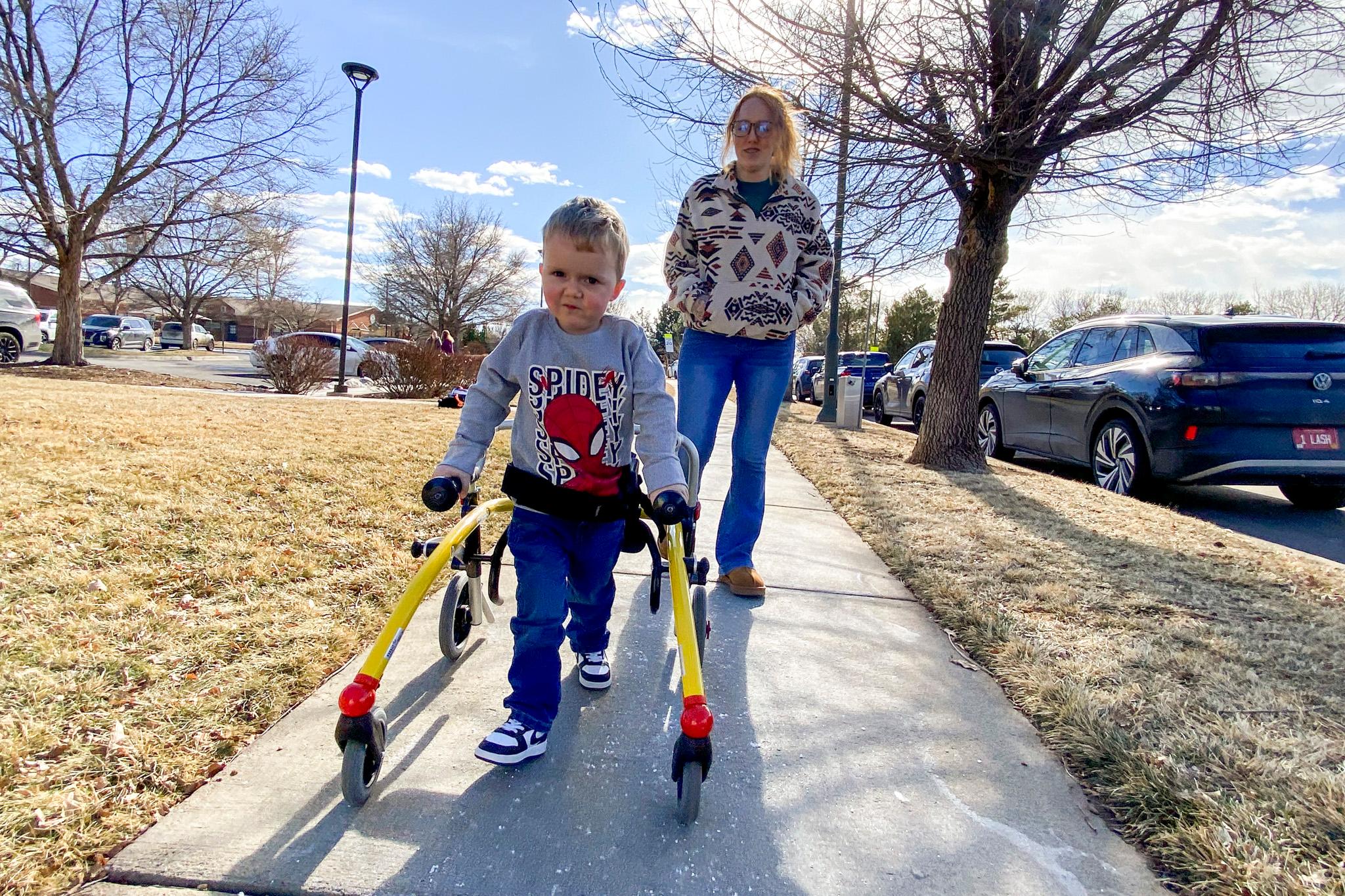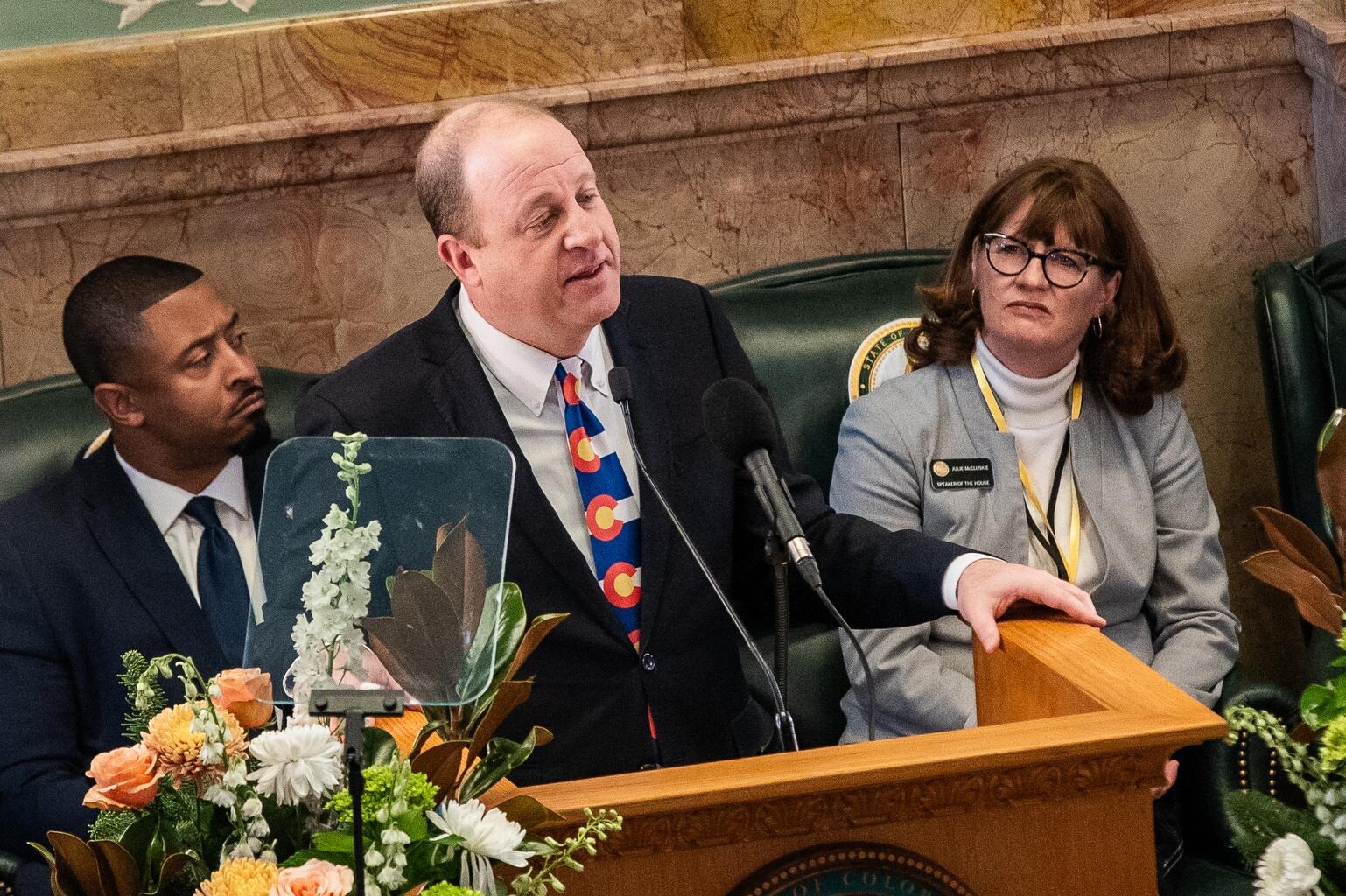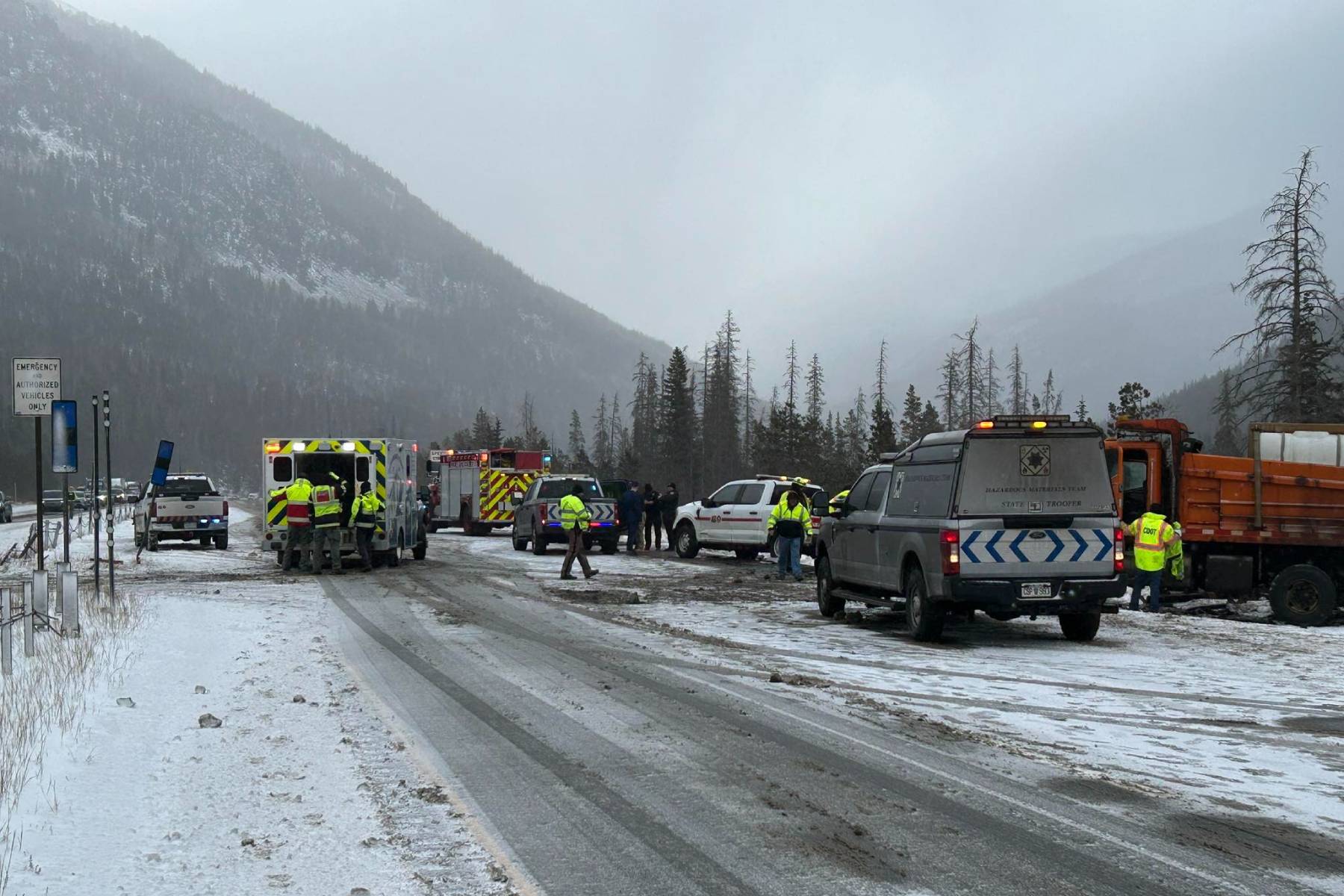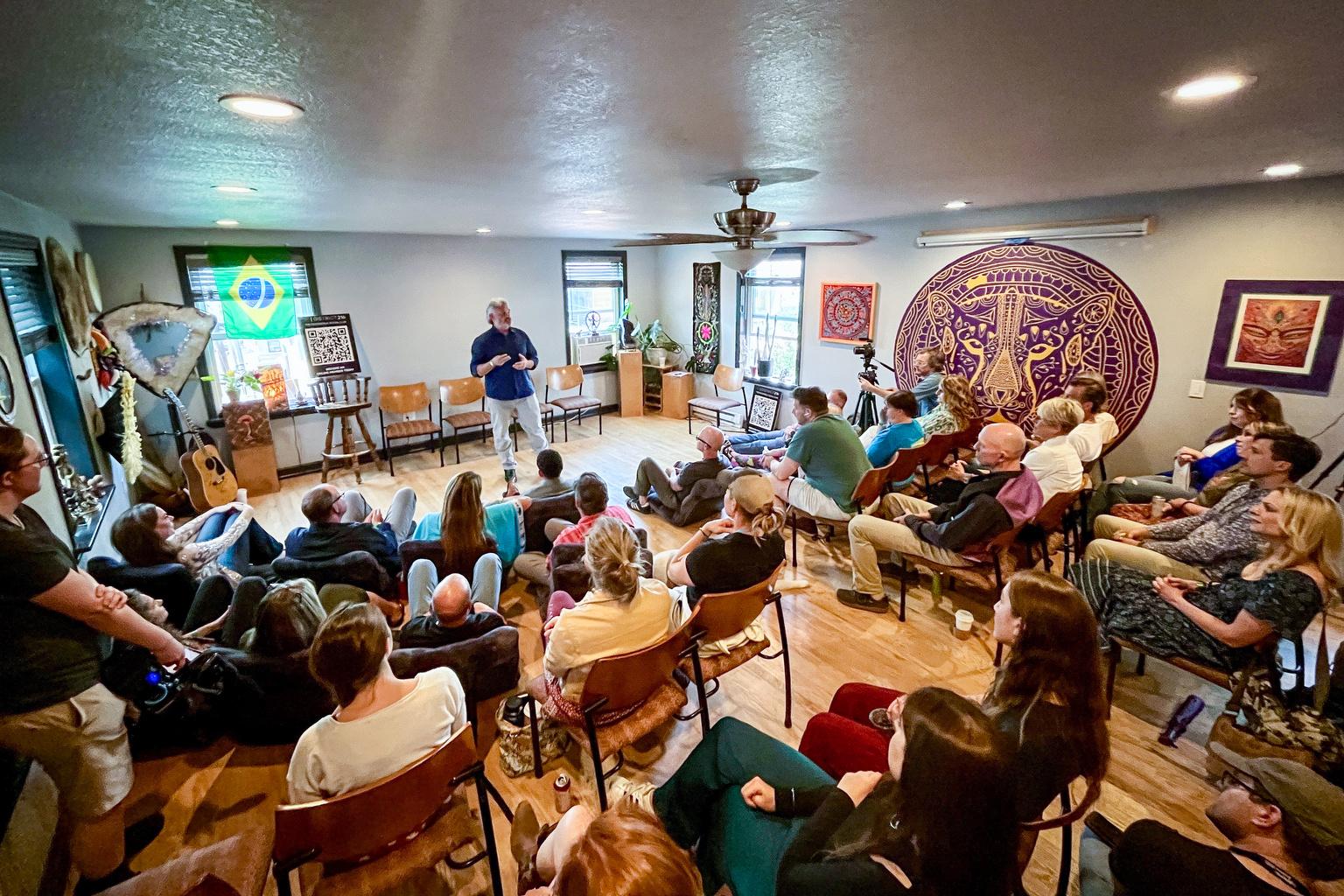
This story is part of The Trip, a CPR News series on Colorado’s new psychedelic movement.
If you speak with health experts and therapists working with psychedelics, you’ll find a common thread in their work: helping patients discover ways to shape their current outlook and narrative.
Phrases like ‘getting a new perspective’ or ‘seeing from a new point of view’ are likely to come up. They’ll tell you that’s because much of what’s at the intersection of psychedelics and medicine is story — both the stories people struggling with PTSD have lived through and those they’ve come to believe about themselves and their ailments.
“Be very, very conscious of the stories that you tell yourself,” retired Navy SEAL Diego Ugalde told CPR News earlier this summer. “There's so much that the thinking mind is capable of creating narratives and perspectives of other people that literally may not exist.”
Experts see psychedelic therapy as a way to change that narrative, and thus improve the lives of those living with trauma.During this summer’s Multidisciplinary Association for Psychedelic Studies (MAPS) conference in Denver, Plant Magic Cafe held a few off-site events aimed at building community and sharing experiences.
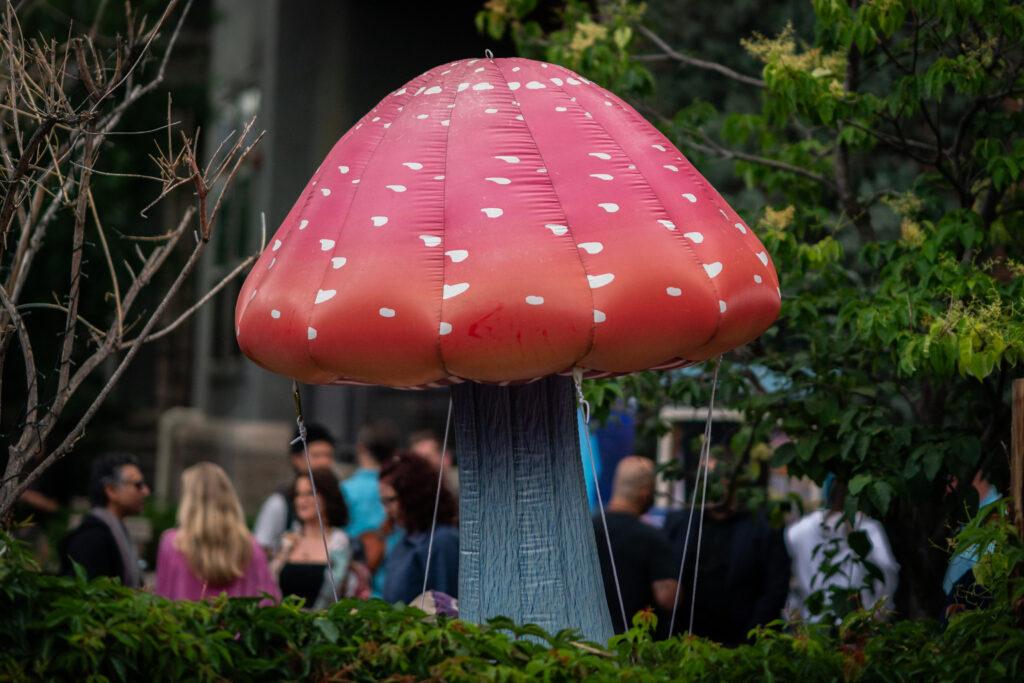
One event included TEDx-style talks from Ugalde and one other veteran and first responder who had gone through the Warriorside program, an organization founded by Ugalde that’s dedicated to helping people tell their stories and find healing through the process.
One of the speakers was Rob Poynter, a retired deputy sheriff and graduate of the Warriorside program. Poynter also works with SIREN, an organization founded by a married couple who are both firefighters. They connect other first responders with psychedelic therapies. After Poynter began his own healing through one of their retreats, he connected with Ugalde and Warriorside.
“Warriorside is a conscious approach to storytelling,” said Ugalde, who has decades of experience in high-stakes environments and now coaches others to lead with emotional intelligence and purpose.
Warriorside, he says, combines SEAL leadership with spiritual depth found through psychedelics and storytelling.
“I know a million veterans who have a story — that every single time they tell it — it's like drinking a shot glass of poison. It's rooted in egoic attachment, it's rooted in shame, it's rooted in anger. They haven't necessarily healed or processed or transformed through the whole thing,” he said.
Warriorside aims to help them process their journey and to share it outwardly with the intention of finding connection with others who have experienced similar traumas.
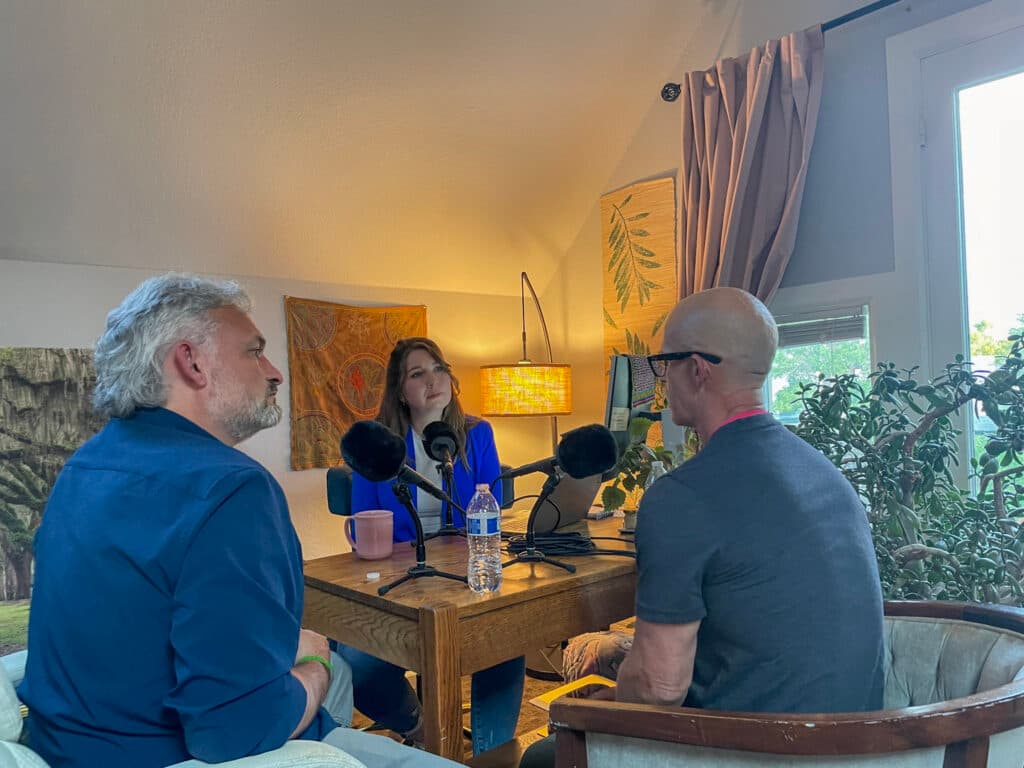
Moments after Ugalde and Poynter got off stage, CPR reporter Haylee May sat down with them to learn more about their work and the impact it's making on people healing from trauma tied to military and first responder service.
Listen to the full interview
Highlights from our discussion with a retired Navy SEAL and a retired deputy sheriff on psychedelics, story, and helping others
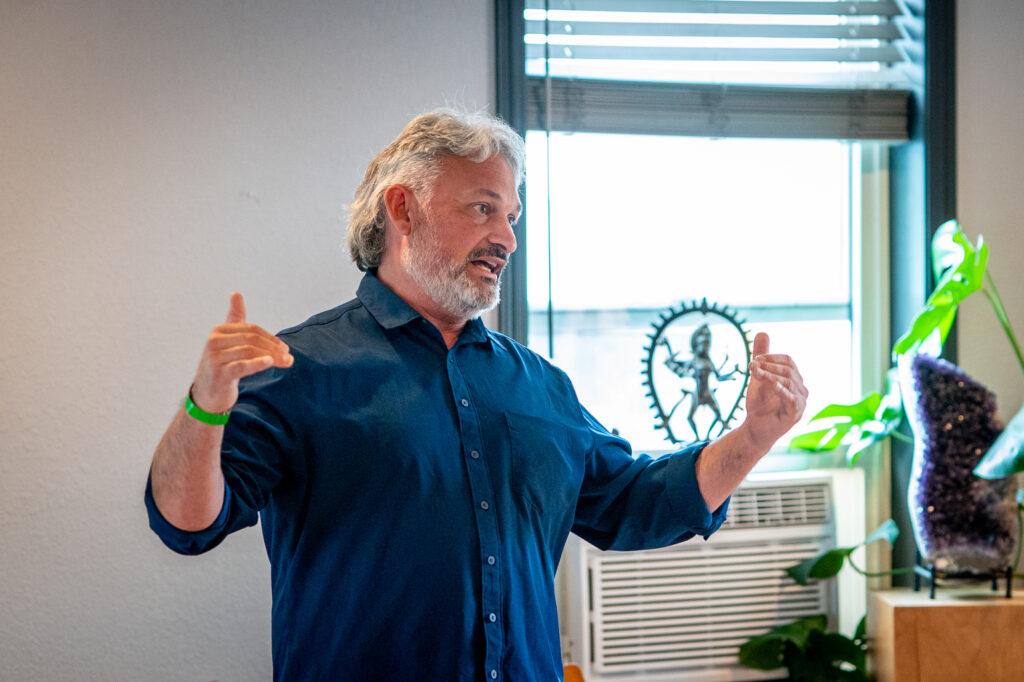
Retired Navy SEAL Diego Ugalde talks about his journey through depression with the help of psychedelic plant medicine. 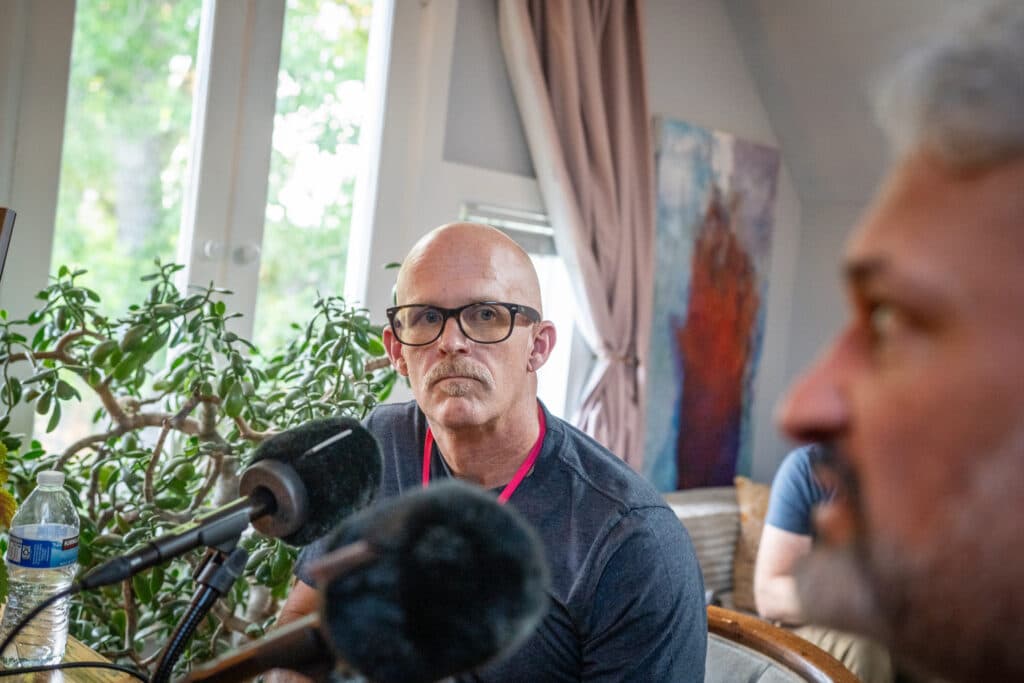
Rob Poynter, a retired deputy sheriff turned mental health advocate, talked about his journey from arrested dug users to becoming and advocate for psychedelic therapies.
On their experience with psychedelics
“I'm a good human being, and I'm not broken. Let go. Breathe.” – Rob Poynter
“There are many people who go through the entirety of their life without fully experiencing what it is to simply be. And so that's so hard about our world and our culture.” — Diego Ugalde
I finally understood that I had been beating myself up for things that I didn't even realize I was beating myself up for and that I needed to forgive myself and just really let go of the past and be present.
Rob Poynter
On the importance of narrative and storytelling
“I have a story, but I want that story to have a beginning, have a body, have an ending. I'm not great at telling a story. And if I can utilize professionals.” — Rob Poynter
“Learn how to be present and learn how to just observe things as they are. It's not the end of suffering, but it really helps.” — Diego Ugalde
The more present or in alignment with presence that you can become, you start to see the world as it is in truth. And so much of that misunderstanding, misinterpretation, or those spiraling stories contribute to the suffering of the mind. (It’s) literally an illusion and not necessary.
Diego Ugalde
On their mission with Warriorside
“This is just about connecting more deeply with yourself and really coming to understand who you truly are — beyond the mind, beyond ego, beyond the story. Who is the you? Because when you connect with that, there is no more suffering. There is just acceptance and observance. There is an unconditional love.” —Diego Ugalde
“Personally, I am putting myself out there because I want people to see that, hey, this is a former deputy sheriff, fairly conservative guy. I've done psychedelics.” — Rob Poynter
"It's okay to ask for help… I'm 54 years old, and that's a long time to live in misery… Don't wait that long. Life is beautiful. Life is wonderful." — Rob Poynter
“The problem is these are just words, and they don't mean anything to anyone who doesn't have a visceral connection to the idea that we are all one or there's all unconditional love. Psychedelics are not the only way. You can find this through meditation, but in the end you have to have a visceral experience with these words for them to mean anything at all.
Diego Ugalde
Alejandro A. Alonso Galva is The Trip's project editor. Megan Verlee provided editorial guidance. Lauren Antonoff Hart is the digital producer. Hart Van Denburg is the visual editor.

